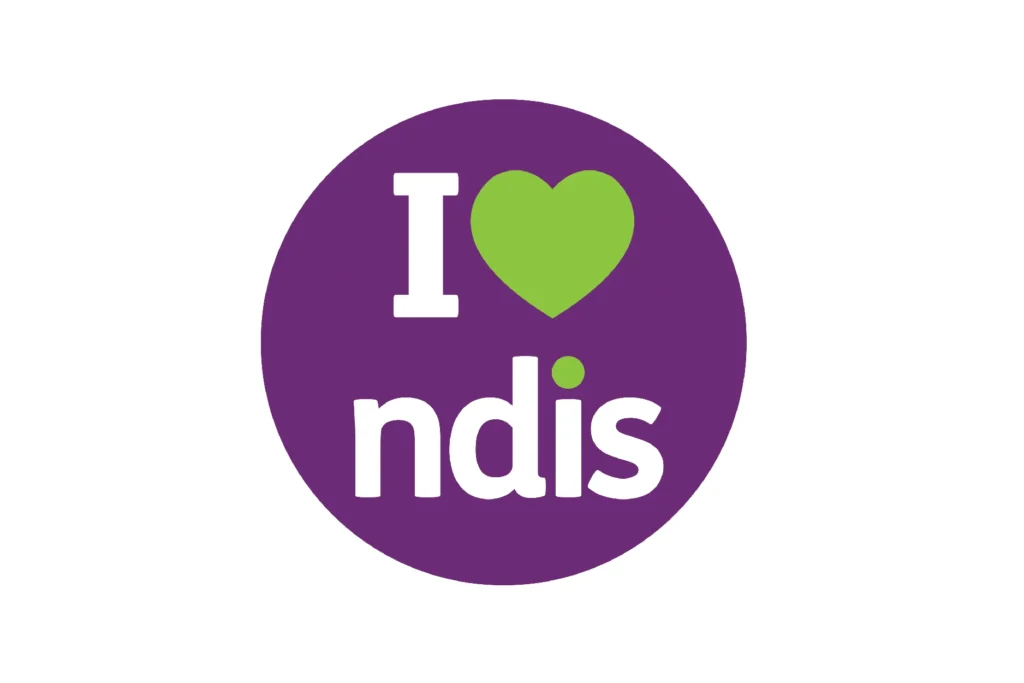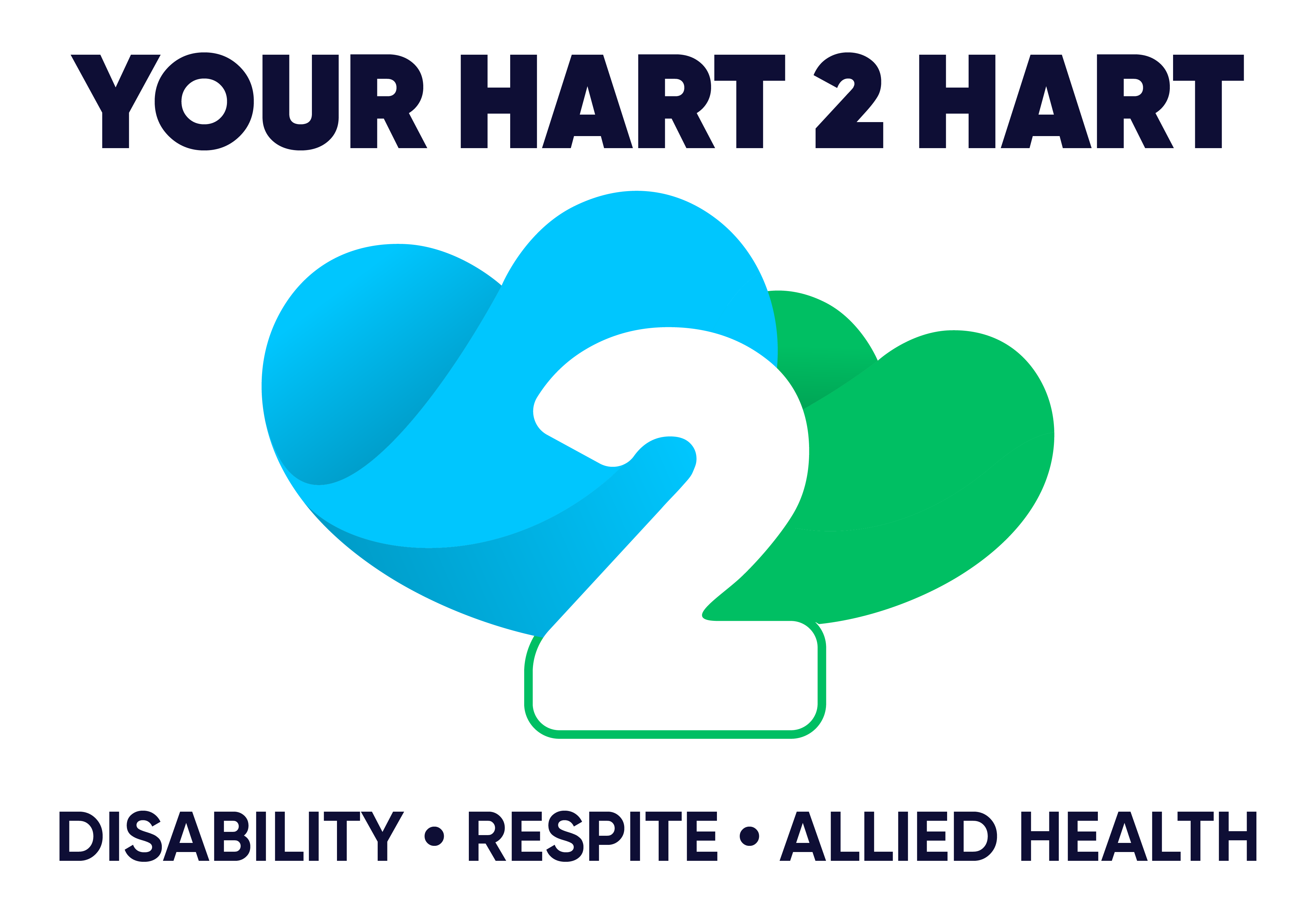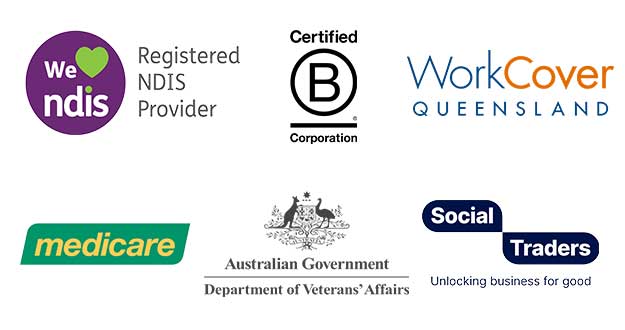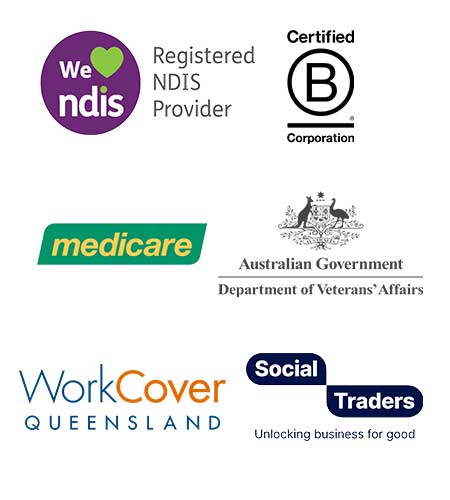NDIS
We know the NDIS scheme is confusing to many people. To compound this fact the rules change often. We have aimed to provide you with some of the most frequently asked questions about the NDIS and the process.
What is the NDIS?
The National Disability Insurance Scheme (NDIS) is Australia’s first national Scheme for people with disability. It moves away from the previous system of providing block funding to agencies and community organisations to direct funding for individuals.
The NDIS is a federally managed and funded safety net, providing a nationally-consistent, lifetime commitment to people who have permanent and significant disability with funding for supports and services.
The NDIS is not welfare, it is an insurance-based scheme that invests in participants to improve long-term outcomes.

Quick Links to NDIS Resources
Links open to the NDIS website
Our Most Frequently Asked Questions (FAQ's)
The NDIA is an independent Commonwealth government agency responsible for overseeing the implementation of the NDIS.
Supports must meet all of the following criteria:
- Will assist you to pursue your goals, objectives and aspirations as stated in your plan
- Will facilitate your social and economic participation
- Be value for money
- Be effective and beneficial for you, and in line with current good practice
- Takes account of what is reasonable to expect families, carers, informal networks and the community to provide
- Is most appropriately funded through the NDIS (rather than other systems like Health or Education).
This is in the legislation (NDIS Act) and is a guiding tool for planners. So, remember to use this is a checklist for all your requests and use this language when you are pre-planning!
For example:
When thinking about supports you need for your plan you can apply the ordinary life principle e.g. ‘I’m 37, do other 37 year olds have to be showered daily or driven to work or their medical appointments by their Mother?’ If the answer is no, then it is often reasonable to ask for supports to cover these areas as long as they meet the ‘reasonable and necessary’ criteria.
Put simply, anything you request that doesn’t meet reasonable and necessary criteria set by the National Disability Insurance Scheme Act (2013) will not be funded.
The price guide sets a price by the NDIS for supports offered under NDIS. It determines what a service provider can charge for supports, much like a Medicare line item.
Some people find it helpful to look through to better understand the breadth of supports available. However, it isn’t an exhaustive list as it doesn’t cover every single item.
For more information visit the price guide pages on the NDIS website.
Pre-planning is all the preparation work you put in before your planning meeting. It can involve:
- Gathering any necessary assessments, diagnosis and paperwork.
- Showing what supports you currently access and thinking about those you need to live ‘an ordinary life’.
- Starting to think about your goals, and what you would like to achieve in both the short term and long term.
- Using a pre-planning workbook like ‘Mapping My World’ to map out some of the above.
Goals describe what you want to achieve, develop or learn. A key part of your plan is identifying short-term and long-term goals. Usually there are two goals in a plan. A short term goal is something you can achieve in 12 months, a long term goals might take a few years.
Goals are one of the most important parts of your plan. This is because all the supports funded in your NDIS plan should directly link back to helping you achieve your goals. For this reason, it is recommended that your goals should be fairly broad so that as many supports as required can be included under the umbrella of that goal.
For example, most 25 year olds would want to move out of home and live as independently as possible – it’s no different for people with a disability and the NDIS can support you to ‘live an ordinary life’ in a goal such as this. This is a goal that might take a number of years to achieve with many supports needed along the way such as day to day support, life skills training, transport training, positive behaviour support.
For more information, here’s a great blog post by Endeavour Foundation.
We recommend it, yes. You’ll need a diagnosis of your primary disability from your treating health professional, whether that’s your GP, neurologist, allied health specialist or other specialist, and a list of your current treatments.
Don’t worry if you don’t have everything as the planner will ask you to get anything that they need that you don’t have at the meeting, but it’s better to come as prepared as possible so as not to delay access to the scheme.
Your evidence will need to confirm your disability, describe your treatments and outcomes (current and future) and confirm the impacts of your disability on areas of your life (social interaction, self-care, learning, mobility, communication etc).
If you need help to get your evidence together Local Area Coordinators (LAC) can help you.
You can learn more about providing evidence of your disability on the NDIS website.
Informal supports are those provided by parents, siblings and other family members.
The NDIS will take into account the ongoing capacity of family members and carers to provide these and are able to provide alternative supports where needed (e.g. help with showering, transport, short term accommodation aka respite).
The NDIS do have guidelines about what is reasonable to expect families to provide. It’s important all informal supports are included in your pre-planning activity as some of these may be able to be funded under NDIS.
You can access more information about informal supports on the NDIS website.
You will be asked how you want to manage your funds and supports in your NDIS planning meeting.
Management of your funds is called ‘Plan Management’. Your options for Plan Management are:
- Manage your funding yourself – the NDIS will provide you with the funding to pay directly to the people and organisations that support you. This is called self-managed.
- You can nominate a trusted person to manage your funding, called a ‘plan nominee’
- Use a registered Plan Management provider
- Ask the NDIA to manage your funding for you, which is called agency managed.
Plan Management is funded as part of your plan and does not take away from the funding allocated to the person with a disability. You can read more about Plan Management in our blog “How will you manage your NDIS budget”.
Managing your supports and services is called ‘Support Coordination’.
There are three levels of Support Coordination depending on how complex the support required is. Support Coordination can alleviate some of the day-to-day work of coordinating multiple services and providers and can be funded as part of your plan. You can read more about the various options in our blog “Support coordination – what it is and what to look for before you decide”.






